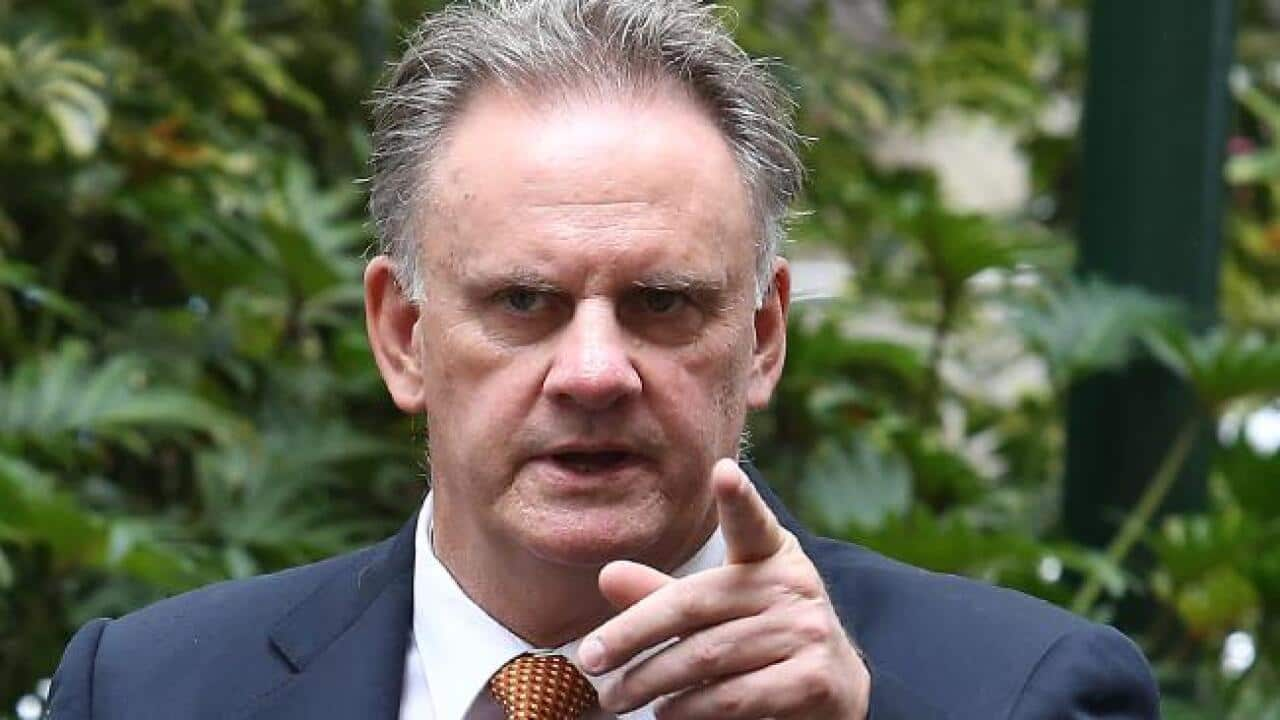Mofra
Moderator
- Dec 6, 2005
- 67,099
- 198,389
- AFL Club
- Western Bulldogs
- Other Teams
- Footscray, Coney Island Warriors
- Moderator
- #126
Disappointing if true.
I wonder if there is any government mechanism to change the working definition of 'recognised as' to 'raised as', as I doubt the intention of the recognition of aboriginality is something that you stumble across in your 20s.





